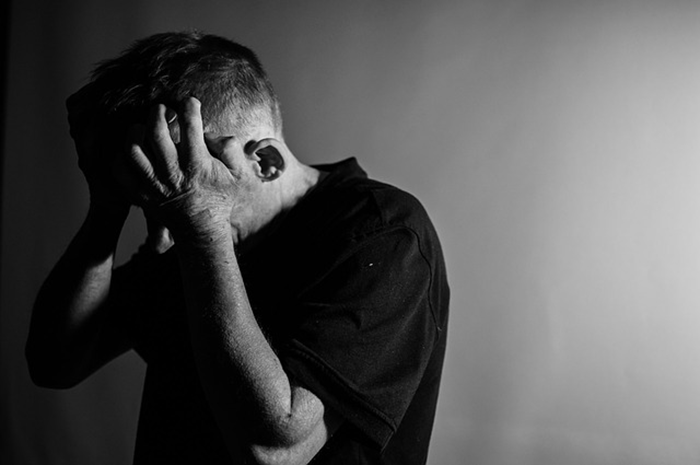Some Filipinos were not welcoming of the remarks of Binibining Pilipinas 2019 candidate Joanna Rose Toledo about depression in a televised pre-pageant activity.
Earlier this week, the candidates of the beauty pageant participated in a “free speak” competition to test their communication skills.
Each of them was expected to share their opinions within 30 seconds on a certain topic to be picked from a fishbowl, where subjects include “poverty,” “press freedom,” “water shortage” and “gender equality,” among others.
The activity, as well as other events like press presentation, closed-door interview and national costume competition, will determine whether the candidates will be included in the Top 25 roster or not.
Toledo in the “free speak” was asked to share her opinion on depression.
Her Binibining Pilipinas profile indicates she is a 25-years-old guidance counselor from Caloocan City who aims to raise awareness about the condition of children with special needs.
“I’m a psychology major and I studied depression when I was in college and I am a grade school guidance counselor as well and I have students who are experiencing depression,” Toledo said at the pre-pageant activity.
“I am always telling them that if you believe in yourself and if you know yourself, who you are and who you want to be, then you will not experience depression,” she continued.
Her opinions about the topic, however, alarmed some Filipinos who noted that depression was not just a “mindset” like the beauty pageant candidate seemed to suggest.
HUY JOANNA TOLEDO BB. CALOOCAN I'M SCREAMING RN IDK IF U REALLY ARE PRACTICING HUHU sis u missed an entire point about how depression isn't just a mindset.
— Poopex Legend (@DROliverX) June 6, 2019
She’s wrong. Depression can affect anyone, including those who know themselves and those who know who they want to be in life. No one is above it. No one is safe.
I hope Miss Joanna Toledo treats this as an eye-opening experience.
Let’s educate ourselves about depression. https://t.co/dB32P8KV0y
— Dada Aquino (@real_daryll) June 6, 2019
Others who suffer from the condition shared their two cents about her remarks as well.
“I felt sad. We had dreams and hopes. We knew ourselves until depression came through and took it away… That is why it so hard to open up to someone because even the professional na dapat namin lapitan can make us feel that our illness is irrelevant and can be solved easily,” a Twitter user wrote.
“The fact that her answer hurts me because it feels like it’s my own fault that I’m suffering from depression,” another user commented.
Depression not simply a choice
Depression is defined by the World Health Organization as a common mental disorder that is characterized by “persistent sadness and a loss of interest” in activities that one normally enjoys.
It is also accompanied by the “inability to carry out daily activities” for at least two weeks.
People who have depression tend to experience the following:
- Loss of energy
- Change in one’s appetite and sleeping habits
- Anxiety
- Loss or reduced concentration
- Being indecisive and restless
- Having feelings of worthlessness, guilt or hopelessness
- Entertaining thoughts of suicide and self-harm

According to licensed professional counselor Raychelle Cassada Lohmann, depression can strike anyone “of any age, ethnicity or social position in any geographic location.”
She said it is not a choice but a condition that has been estimated by WHO to become the “second highest medical cause of disability by the year 2030, second only to HIV/AIDS.”
Harvard Medical School notes that depression happens in the brain and therefore, is a condition that people cannot control.
“Certain areas of the brain help regulate mood. Researchers believe that — more important than levels of specific brain chemicals — nerve cell connections, nerve cell growth, and the functioning of nerve circuits have a major impact on depression,” it said.
The American Psychiatric Association reports that one in six people or 16.6% will experience depression at “some time in their life.”
“Depression can strike at any time, but on average, first appears during the late teens to mid-20s. Women are more likely than men to experience depression,” it continued.
The Department of Health states that 16% of students between 13 and 15-years-old have “seriously considered attempting suicide” while 13% have “actually attempted suicide one or more times” in 2010.










